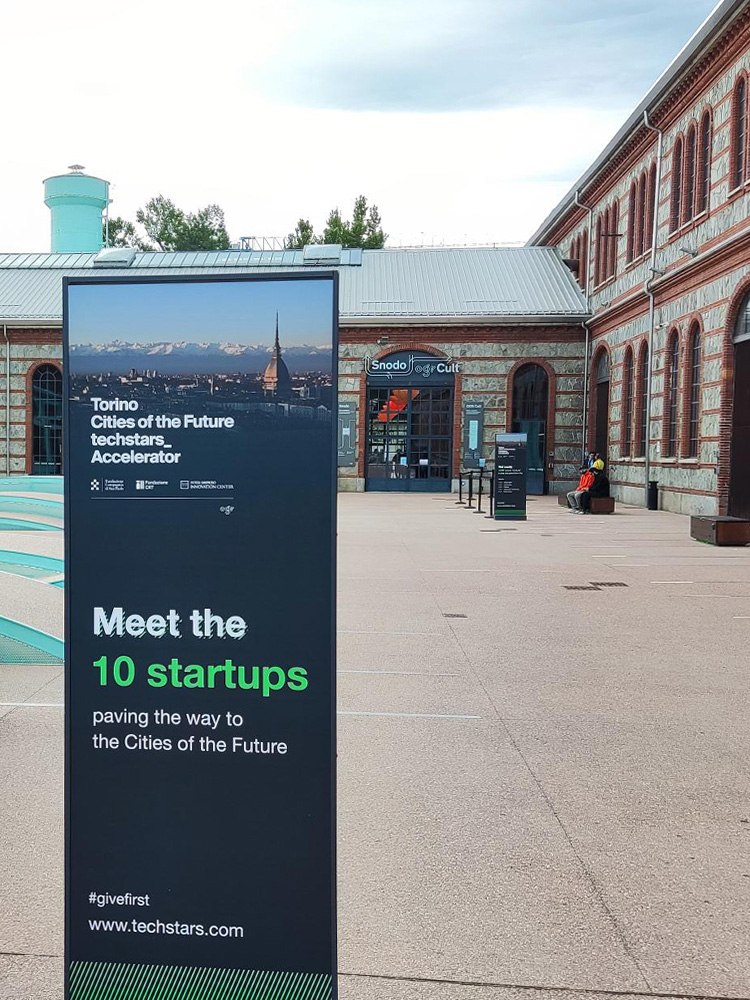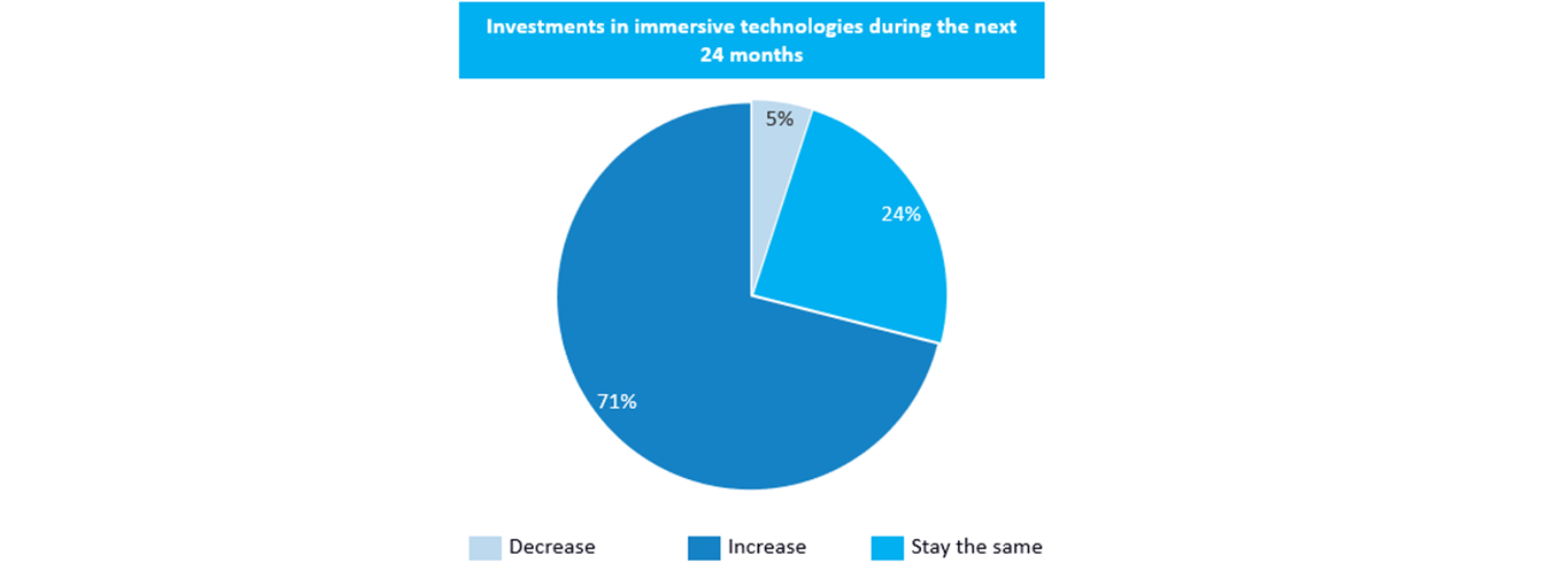Sebbene sembri un neologismo, la parola ‘metaverse’ trova origine in un romanzo di fantascienza di Neal Stephenson, che, nel 1992, ha coniato il termine nel libro Snow Crash per descrivere una sorta di mondo virtuale e parallelo a quello reale. Successivamente, il metaverso è entrato anche nel mondo cinematografico grazie a Steven Spielberg con il famoso film Ready player one del 2018, ispirato all’omonimo romanzo di Ernest Cline pubblicato nel 2011.
Passando dalla fantascienza alla realtà, con metaverso si intende una rete di mondi virtuali e tridimensionali interconnessi nei quali è possibile lavorare, interagire e svolgere attività quotidiane, anche se definirlo con precisione non è attualmente possibile in quanto si trova ancora in fase di sviluppo.
Ad ogni modo, il concetto di metaverso è più avanzato rispetto alla realtà aumentata (AR), alla realtà virtuale (VR) e alla realtà mista, in quanto risultante della convergenza di una pluralità di elementi innovativi. Il metaverso consente agli utenti di partecipare a un’economia virtuale creando contenuti, interagendo e acquistando beni attraverso avatar in 3D, oggetti virtuali e ambienti immersivi. Gli utenti possono accedere al metaverso utilizzando vari dispositivi, tra cui computer, smartphone e occhiali VR.
Tuttavia, la creazione di un metaverso (attualmente ne esistono oltre 200 e non c’è ancora un universo digitale interoperabile) richiede un investimento significativo in termini di risorse e competenze tecniche, e la sua adozione su larga scala dipenderà dalla capacità delle aziende di fornire esperienze coinvolgenti e di valore per gli utenti.
Secondo un report di McKinsey, dall’inizio del 2021 sono stati investiti oltre 177 miliardi di dollari nel metaverso (120 miliardi nel 2022 rispetto ai 57 dell’anno precedente), con lo studio realizzato da Deloitte e pubblicato da Meta nel maggio del 2023 dal titolo “Il metaverso e le opportunità per l’Unione Europea” ad indicarne un impatto economico che, solo in Italia, entro il 2035 potrebbe essere compreso tra i 28 e i 52 miliardi di dollari (da 259 a 489 miliardi all’anno per il PIL dell’Unione Europea, pari all’1.3-2,4% del PIL mondiale).
Tra i casi d’uso citati nello studio figura la Strategia nazionale per raggiungere gli obiettivi del Decennio digitale dell’UE, che poggia anche sui 6,1 miliardi di euro per la digitalizzazione della Pubblica Amministrazione previsti dal PNRR.
Fondi che porteranno a trasformazioni decisive per il successo del metaverso nel nostro Paese: dall’introduzione di un ambiente cloud per la PA al miglioramento degli standard di interoperabilità dei dati, fino al rafforzamento nella gestione e nel monitoraggio delle minacce informatiche per l’ecosistema digitale.
Inoltre, la nascita e i primi sviluppi del metaverso nei settori dei media hanno portato ad oggi alla sua diffusione in molti altri ambiti, tra cui gli impatti emergenti su cui porremo l’attenzione nell’industria e nella sanità.



